How To Make Baby Sleep Fast
-removebg-preview.jpg)
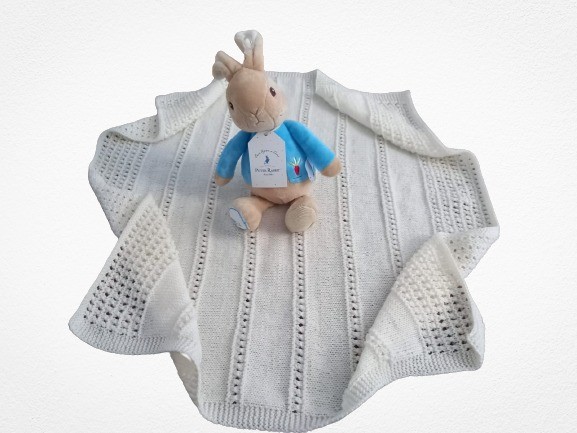
Merino Baby Blanket 🌿🇳🇿 | Cream | Handmade
Gift Tree
Approx $56.58 USD
Normally: $99.99
Normally: $99.99
Getting your baby to sleep through the night is one of the most common challenges faced by parents. While every baby is unique, establishing a consistent sleep routine can significantly help improve your baby's sleep patterns. This guide offers effective strategies to help you make your baby sleep fast, ensuring they get the rest they need to grow and develop healthily. Whether you're a new parent or looking to improve your baby’s sleep habits, these proven techniques are designed to help your little one (and you) get better sleep.
Understanding Baby Sleep Patterns
Before diving into tips, it's essential to understand that babies have different sleep needs based on their age. Newborns, for example,
sleep a lot during the day and night, but often in shorter intervals. As they grow, they gradually develop a more structured sleep schedule.
Newborn babies typically sleep for 14 to 17 hours per day, but it’s broken up into small chunks. This can lead to sleep deprivation for parents. Babies around 4 months old start consolidating their sleep into longer stretches, and by 6 months, many can sleep through the night. Understanding these phases can help set realistic expectations and reduce frustration.
Why Baby Sleep is Important
A well-rested baby is a happy and healthy baby. Sleep supports physical and cognitive development, boosts the immune system, and helps
regulate emotions. Adequate sleep also benefits the parent, as it reduces the risk of burnout, stress, and health complications.
Creating the Ideal Sleep Environment
One of the first steps in helping your baby sleep faster is ensuring their sleep environment is conducive to rest. A comfortable and safe
space is crucial for sleep success.
- Set the Room Temperature: Babies sleep best in a room that is neither too hot nor too cold. A temperature between 18 to 21 degrees Celsius is optimal for sleep. Overheating is a major cause of discomfort, so consider dressing your baby in breathable fabrics.
- Dim the Lights: Creating a calm environment is essential. Dimming the lights helps signal to your baby that it’s time to wind down for the night.
- Use White Noise: Gentle white noise or lullabies can help mask outside sounds and provide a soothing background noise that helps babies fall asleep faster.
- Ensure a Comfortable Crib: Make sure the crib is comfortable and free of unnecessary items. Use a firm mattress and a fitted sheet, avoiding soft pillows, blankets, or stuffed animals, which can pose a suffocation risk.
Establishing a Consistent Bedtime Routine
Routine is key when it comes to helping babies fall asleep quickly. A predictable routine signals to your baby that it's time to wind down
and prepare for sleep. Consistent actions such as a bath, feeding, and quiet play before bed can be comforting for your little one.
- Bath Time: A warm bath is a relaxing way to prepare your baby for bed. The soothing water helps regulate their body temperature and promotes relaxation.
- Feeding Time: A full stomach can help your baby sleep longer. Ensure they have a good feed before putting them down for the night. Some parents also opt for a dream feed (feeding the baby while they are still asleep) to ensure they sleep for a longer stretch.
- Gentle Rocking or Cuddling: Gentle rocking or cuddling can reassure your baby that it’s time to sleep. This creates a secure and comforting feeling, promoting relaxation.
Practice Safe Sleep Habits
Safe sleep practices are essential for your baby’s safety while sleeping. Following these guidelines can reduce the risk of Sudden Infant
Death Syndrome (SIDS) and other sleep-related dangers.
- Back Sleeping: Always place your baby on their back to sleep. This is the safest position and reduces the risk of SIDS.
- Sleep Surface: Place your baby on a firm mattress, free from blankets, pillows, or stuffed toys.
- Room Sharing: It’s recommended that babies sleep in the same room as their parents (but not in the same bed) for the first six months. This reduces the risk of sleep accidents and allows parents to monitor their baby more easily.
Help Baby Associate Sleep with a Positive Environment
Babies often struggle to fall asleep if they don’t feel secure or if their sleep environment isn’t comforting. It’s important to build a
positive association with sleep early on.
- Swaddling: Swaddling mimics the feeling of being in the womb, which can help some babies feel more secure and fall asleep faster. Be sure to swaddle your baby safely, leaving enough room for their hips to move and avoiding any covering around the face.
- Sleep Associations: By introducing calming rituals such as singing, soft talking, or gentle rocking, your baby may begin to associate these actions with sleep and feel more at ease when it’s time to go to bed.
When to Seek Professional Help
Although many babies naturally develop better sleep habits as they grow, some may continue to struggle with sleep. If your baby is
consistently having trouble falling asleep or staying asleep, it might be a good idea to speak with a pediatrician. This is especially true
if you notice signs of discomfort, such as constant crying, or if your baby seems to be in pain. Sometimes, sleep problems are linked to
underlying health conditions like reflux or allergies.
Common Sleep Problems in Babies
Certain issues can disrupt your baby’s ability to sleep well. Understanding these challenges will help you take appropriate action:
- Colic: Colic refers to excessive crying and fussiness, often in the evening hours. Babies with colic may find it difficult to sleep due to discomfort.
- Teething: As your baby grows, they’ll start teething, which can make them restless and disrupt sleep.
- Separation Anxiety: As your baby becomes more aware of their surroundings, they may experience separation anxiety, which can lead to trouble falling asleep.
Parenting Tips for Better Sleep
Parents also play a significant role in creating a restful environment. Here are some tips that can benefit both you and your baby.
- Be Patient: It may take some time for your baby to adjust to a sleep routine. Consistency and patience are key to ensuring long-term success.
- Avoid Overstimulation: Avoid stimulating activities close to bedtime. This includes playing with electronic devices, loud music, or excessive movement.
- Stay Calm: If your baby is fussy, it’s important to stay calm. Babies often sense their parents' emotions, and staying relaxed can help soothe them faster.
Conclusion
Helping your baby sleep fast requires a combination of the right sleep environment, routines, and patience. By following these steps,
parents can help ensure their little one gets the sleep they need, leading to better overall health and development. If sleep issues
persist, don’t hesitate to consult a healthcare professional for further advice.
As a parent, getting your baby to sleep fast and consistently can feel like an impossible task, especially when you're dealing with sleepless nights and unpredictable sleep patterns. However, it’s important to remember that every baby is different, and while it may take time, establishing a solid sleep routine can significantly improve your baby’s sleep habits. This guide offers expert tips and proven strategies for New Zealand parents to help improve baby sleep patterns, create a safe sleep environment, and establish a consistent bedtime routine.
Understanding Baby Sleep Patterns and Needs
Newborn babies typically sleep between 14 to 17 hours a day, though not in long stretches. For parents, this fragmented sleep can be exhausting. Babies go through various stages of sleep development, and understanding these stages is key to making the sleep process smoother.
In the first few months, babies tend to sleep in short bursts and wake up frequently to feed. However, by 4 to 6 months, many babies begin to consolidate their sleep into longer stretches. It’s important to set realistic expectations and remember that changes in sleep habits may take time.
Understanding these sleep cycles and patterns is vital to helping your baby settle into a good sleep routine. While all babies have unique sleep needs, creating a positive environment can help your little one sleep faster and for longer periods.
The Importance of Creating a Safe Sleep Environment
One of the most crucial steps in making your baby sleep fast is ensuring their sleep environment is as comfortable and safe as possible. A calming environment not only promotes better sleep but also contributes to your baby’s overall health and development.
- Temperature Control: Babies sleep best in a room that is neither too hot nor too cold. The ideal room temperature for a baby is between 18°C and 21°C. Keep the room cool enough to avoid overheating, which can disrupt your baby’s sleep.
- Darkness and Lighting: Babies sleep better in a dark, quiet environment. Dim the lights and limit any sources of noise, such as TV or loud music, as this can disturb your baby’s rest.
- Comfortable Bedding: A firm mattress with a fitted sheet is essential for safety and comfort. Avoid soft items like blankets, pillows, and stuffed animals, which can pose a suffocation risk.
- White Noise: Gentle white noise, such as a sound machine or a fan, can help mask other household sounds and promote deeper sleep.
Creating a Consistent Bedtime Routine for Your Baby
Babies thrive on routine, and having a consistent bedtime routine is one of the most effective ways to help your baby sleep quickly and soundly. A regular sleep routine signals to your baby that it’s time to wind down and prepare for sleep.
- Bath Time: A warm bath before bedtime can help relax your baby. The calming effect of warm water can lower their body temperature, signaling that it’s time to sleep.
- Feeding: Feeding your baby before bed can help them feel satisfied and comfortable, increasing the likelihood of them staying asleep for longer periods. For some babies, a dream feed (feeding them while they’re still asleep) can also help them sleep longer.
- Quiet Play or Cuddling: After feeding, engage in calming activities such as soft talking, reading, or gentle rocking. This helps your baby wind down and feel relaxed.
Swaddling and Soothing Techniques
Swaddling can be an effective technique for calming babies and helping them sleep better. Swaddling mimics the cozy feeling of the womb and can provide a sense of security. However, it’s important to swaddle your baby safely—ensure they have enough room to move their hips and avoid covering their face.
Additional soothing techniques include gentle rocking, singing lullabies, or softly patting their back to reassure them and help them fall asleep faster.
Safe Sleep Practices to Follow
When it comes to baby sleep, safety is the top priority. There are several sleep practices that can significantly reduce the risk of Sudden Infant Death Syndrome (SIDS) and other sleep-related incidents. Adhering to safe sleep guidelines ensures your baby’s sleep is both comfortable and secure.
- Back Sleeping: Always place your baby on their back to sleep, as this is the safest position. Sleeping on their back reduces the risk of SIDS and is recommended by health authorities worldwide.
- Room Sharing, Not Bed Sharing: For the first six months, it is recommended that babies sleep in the same room as their parents, but not in the same bed. This arrangement makes it easier to monitor your baby and reduces the risk of accidents.
- Crib Safety: Ensure that your baby sleeps in a crib with a firm mattress and no loose bedding. The crib should be free of pillows, stuffed toys, or any other soft items to reduce the risk of suffocation.
Dealing with Common Baby Sleep Problems
As parents know, it’s common for babies to experience sleep disturbances at various stages of development. Some common issues include:
- Teething: Teething can cause discomfort and disrupt your baby’s sleep. If your baby is teething, offering a teething ring or gently massaging their gums can help soothe the pain.
- Colic: Many babies experience periods of excessive crying or fussiness known as colic. These episodes can make it difficult for your baby to fall asleep, but they typically resolve with time.
- Separation Anxiety: As babies grow and become more aware of their surroundings, they may experience separation anxiety, making it difficult for them to fall asleep alone. Responding with comfort and reassurance can help ease their anxiety.
When to Seek Help from a Professional
If your baby continues to struggle with sleep despite following these tips, it may be worth seeking advice from a pediatrician or a sleep consultant. Sometimes, sleep difficulties are linked to underlying health issues like reflux, allergies, or sleep disorders.
If you’ve ruled out medical concerns and are still facing sleep challenges, a sleep consultant can help identify the underlying cause and suggest personalized solutions to improve your baby’s sleep.
Practical Tips for Parents
It’s not just about creating the perfect environment for your baby to sleep; it’s also essential for parents to manage their own well-being during this period.
- Patience Is Key: Sleep training can take time, and it’s essential to remain patient. Stick to your routine and understand that it may take several weeks for your baby to adjust.
- Be Consistent: Consistency in your approach is crucial. Babies feel secure when they know what to expect, so stick to the same bedtime routine every night.
- Stay Calm: If your baby is having trouble sleeping, try to remain calm. Babies can pick up on their parents’ emotions, so staying relaxed can help them settle faster.
Conclusion: Helping Your Baby Sleep Fast
By creating a consistent bedtime routine, a safe and comfortable sleep environment, and employing proven soothing techniques, you can help your baby sleep faster and more soundly. Although every baby is different, these expert tips provide a solid foundation for improving your baby's sleep patterns and promoting a restful night for the entire family.
Enter your content here



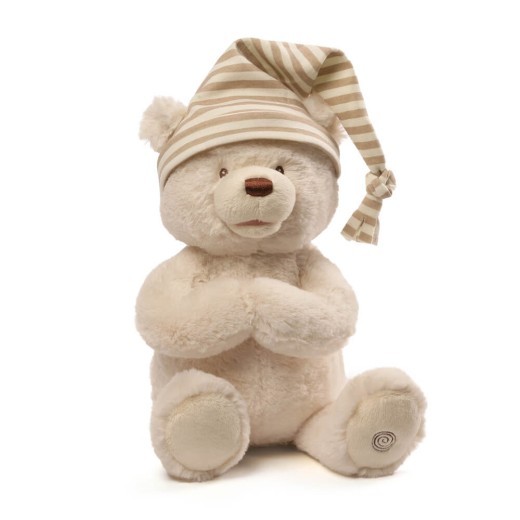



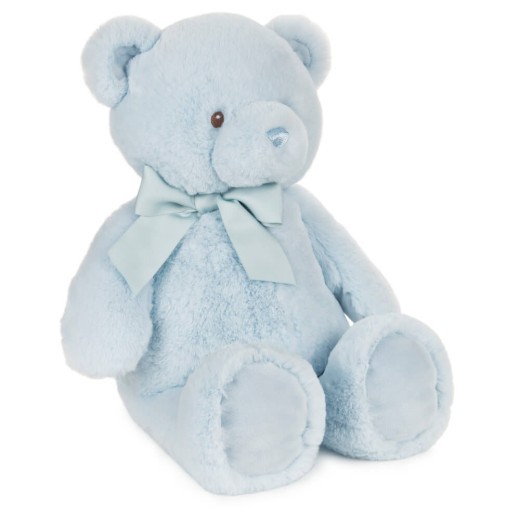

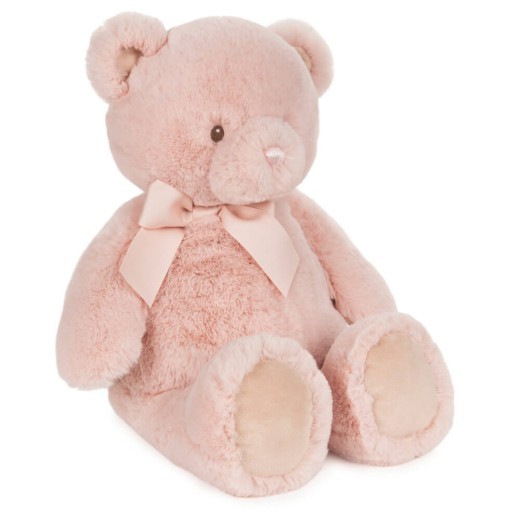
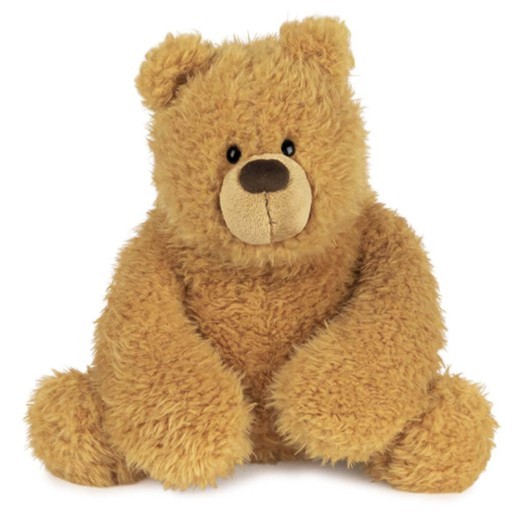
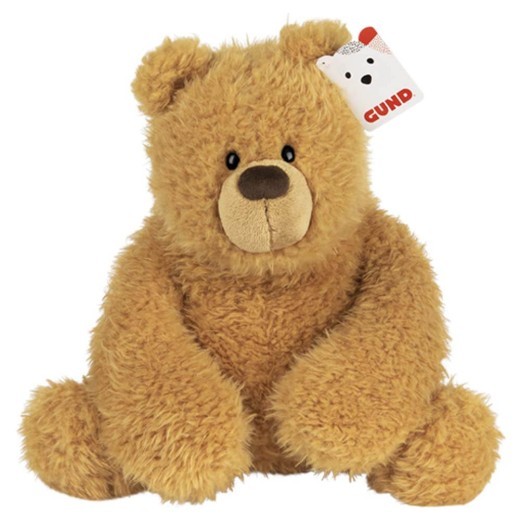



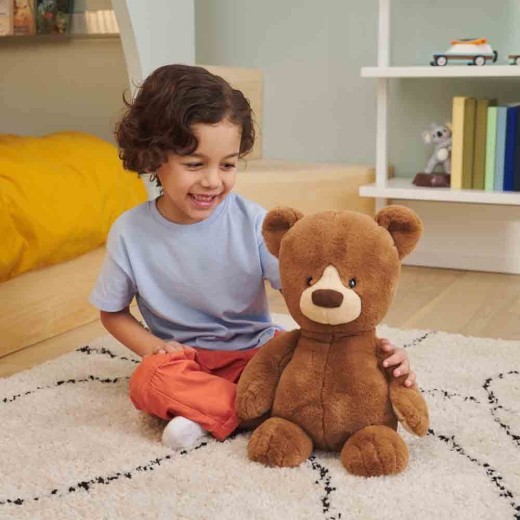
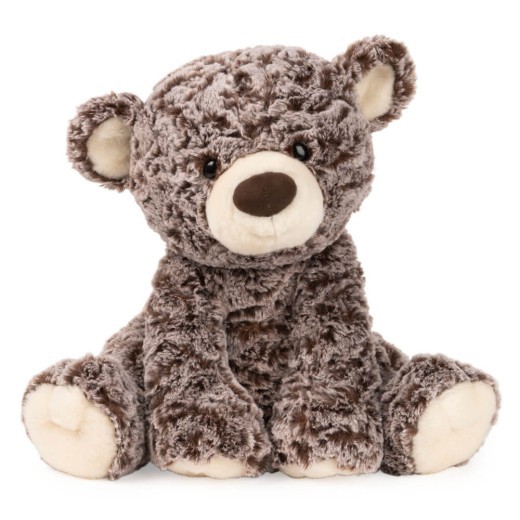














.jpg)



























.jpg)








































.jpg)









.jpg)


ulva-Logo.jpg)



